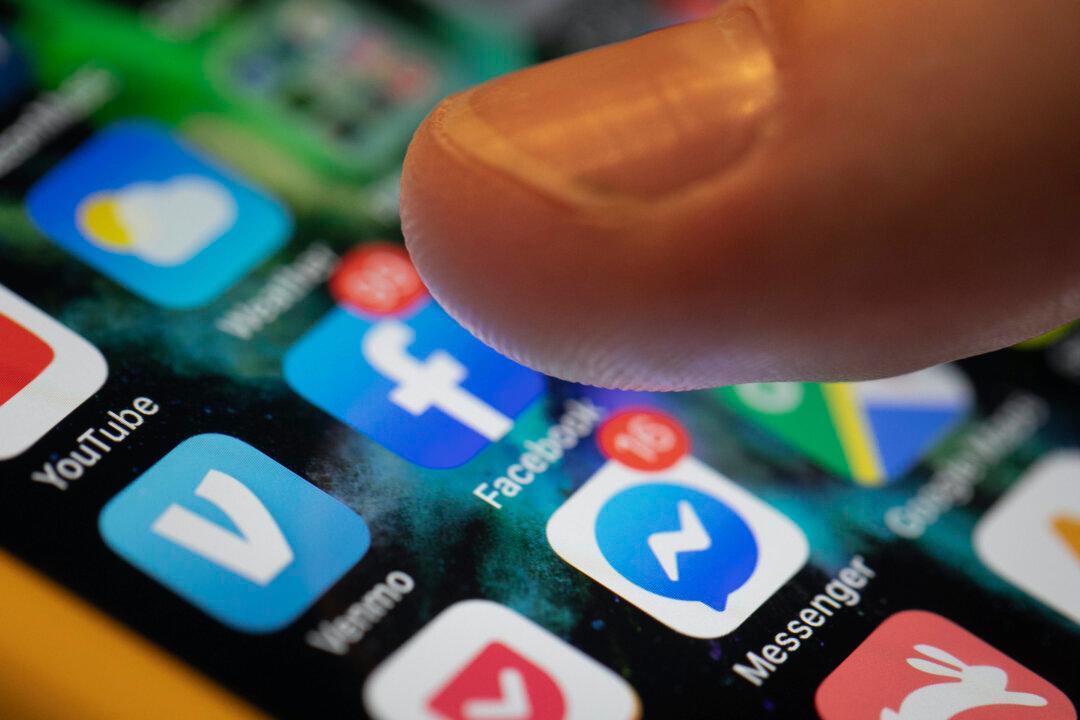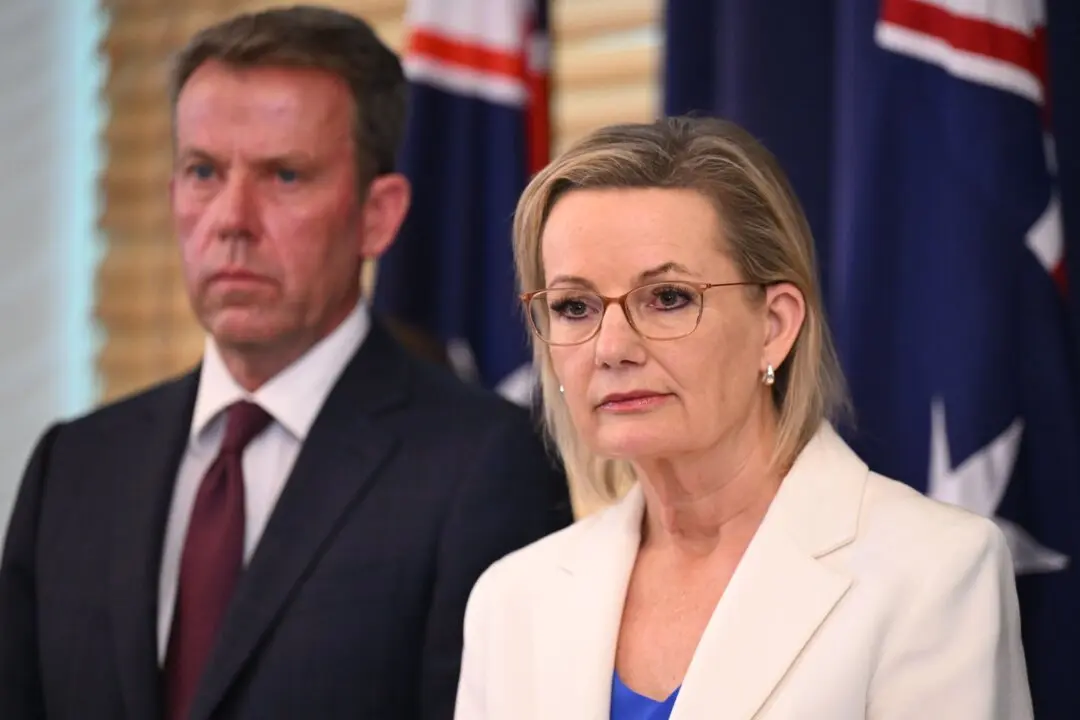Facebook’s Vice President of Global Affairs has defended the tech giant’s Australian news ban, saying it was “legally necessary” to do so before impending media payment laws were legislated through the country’s Parliament.
Clegg, who is a former deputy prime minister of the United Kingdom, wrote in a blog just hours after the news ban was reversed, “Many people are rightly asking: what on Earth was all that about?”





